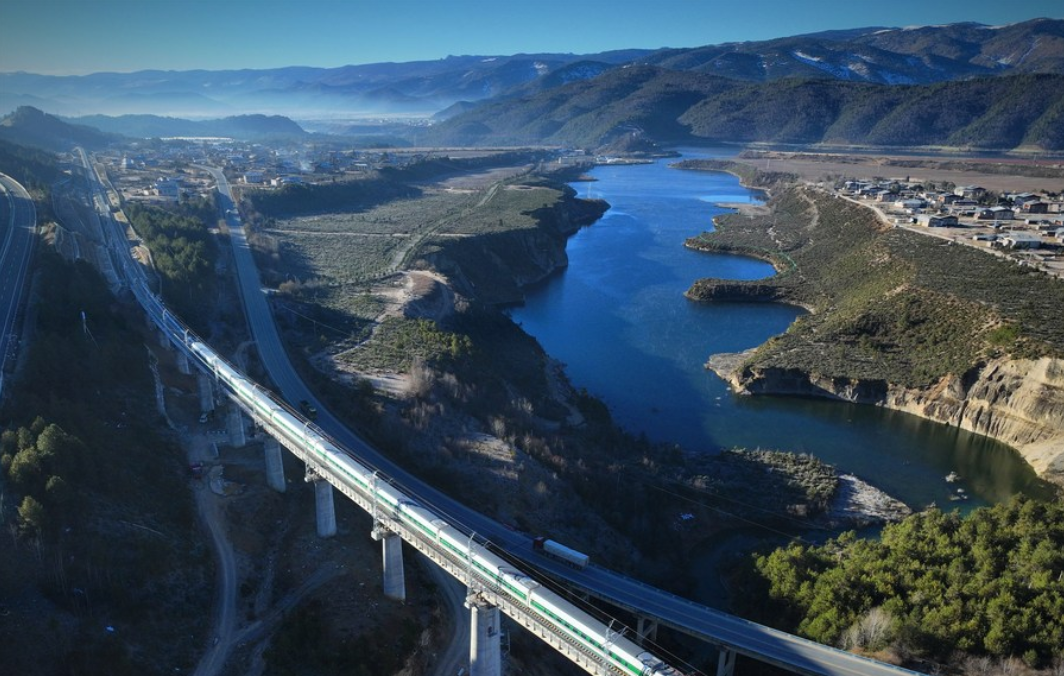| Jan. 12, 2018 -- China is developing one of the world's largest dark sky reserves to combat light pollution and create an ambient location for astronomical observation.
According to a research paper published in Science Advances, the amount of artificially lit up outdoor area grew worldwide by an annual average of 2.2 percent from 2012 to 2016, increasing light pollution.
The increase in artificial lighting has brightened the skies to the extent that nearly two-thirds of city populations are unable to see constellations and the Milky Way.
According to the study, areas where the Milky Way was completely obscured include the London to Leeds/Liverpool region of England and the areas surrounding Beijing, Hong Kong and Taiwan in China.
Last year, China Biodiversity Conservation and Green Development Foundation (CBCGDF) started a project to create a dark sky reserve in a bid to preserve the visibility of starry nights. The initiative is aimed at curbing light pollution while also raising awareness about it.
The reserve spreads over 2,500 square kilometers in area at Ngari, Tibet Autonomous Region, which borders India and Nepal.
China is developing one of the world's largest dark sky reserves to combat light pollution and create an ambient location for astronomical observation.
According to a research paper published in Science Advances, the amount of artificially lit up outdoor area grew worldwide by an annual average of 2.2 percent from 2012 to 2016, increasing light pollution.
The increase in artificial lighting has brightened the skies to the extent that nearly two-thirds of city populations are unable to see constellations and the Milky Way.
According to the study, areas where the Milky Way was completely obscured include the London to Leeds/Liverpool region of England and the areas surrounding Beijing, Hong Kong and Taiwan in China.
Last year, China Biodiversity Conservation and Green Development Foundation (CBCGDF) started a project to create a dark sky reserve in a bid to preserve the visibility of starry nights. The initiative is aimed at curbing light pollution while also raising awareness about it.
The reserve spreads over 2,500 square kilometers in area at Ngari, Tibet Autonomous Region, which borders India and Nepal.
|
- Home
- News Tibet |Exclusive |China |World |Related News |Latest
- Documents White Papers |Others
- Photo Politics |Economy & Society |Culture & Religion |Human & Nature |Beautiful Tibet |Other Tibetan-Inhabited Area |Exchanges |Related
- Video News |Documentary |Micro-Video |Entertainment
- Art
- Tourism
- In Focus
- About Tibet






